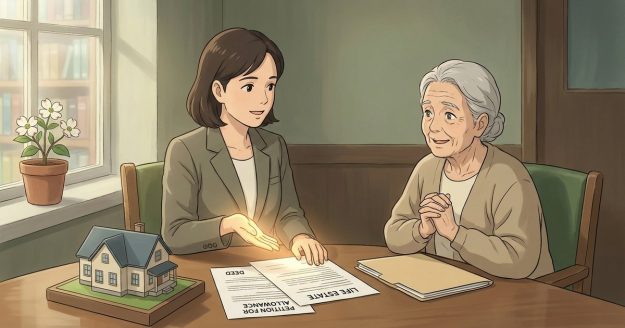How do I handle an item of jewelry being held for a minor so it counts toward the minor’s inheritance share? nc
How do I handle an item of jewelry being held for a minor so it counts toward the minor’s inheritance share? – North Carolina Short Answer In North Carolina, a personal representative can usually treat jewelry being held for a minor as part of that minor’s inheritance by making a documented, irrevocable transfer of the…











